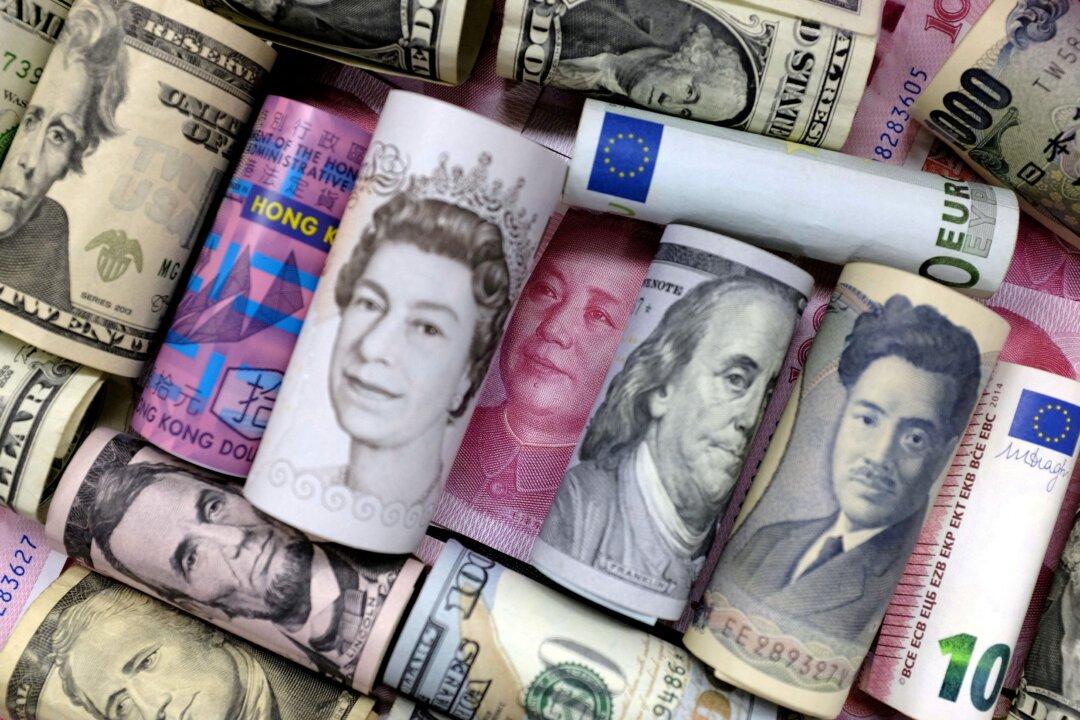SINGAPORE/LONDON—The U.S. dollar extended the previous day’s rally on Wednesday, proving too much for the Australian dollar which failed to hold onto gains after surprisingly strong inflation data increased expectations of a resumption of interest rate hikes
Eyes are also on the Canadian currency, with the U.S. dollar up 0.2 percent on the Loonie at C$1.367, testing a six month peak ahead of a meeting later in the day of the Bank of Canada, which is expected to keep rates unchanged.





